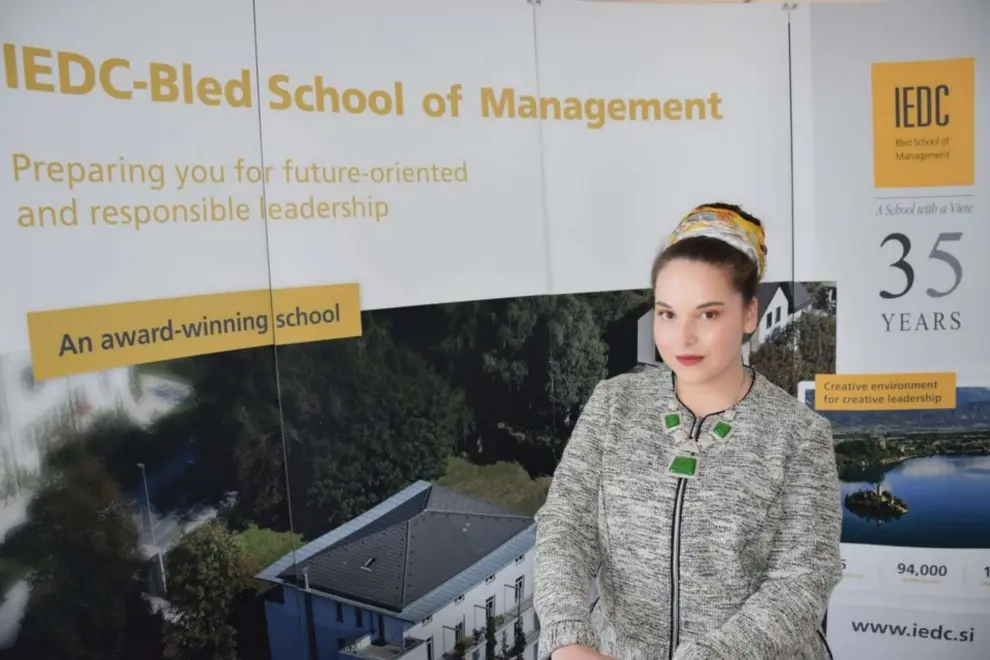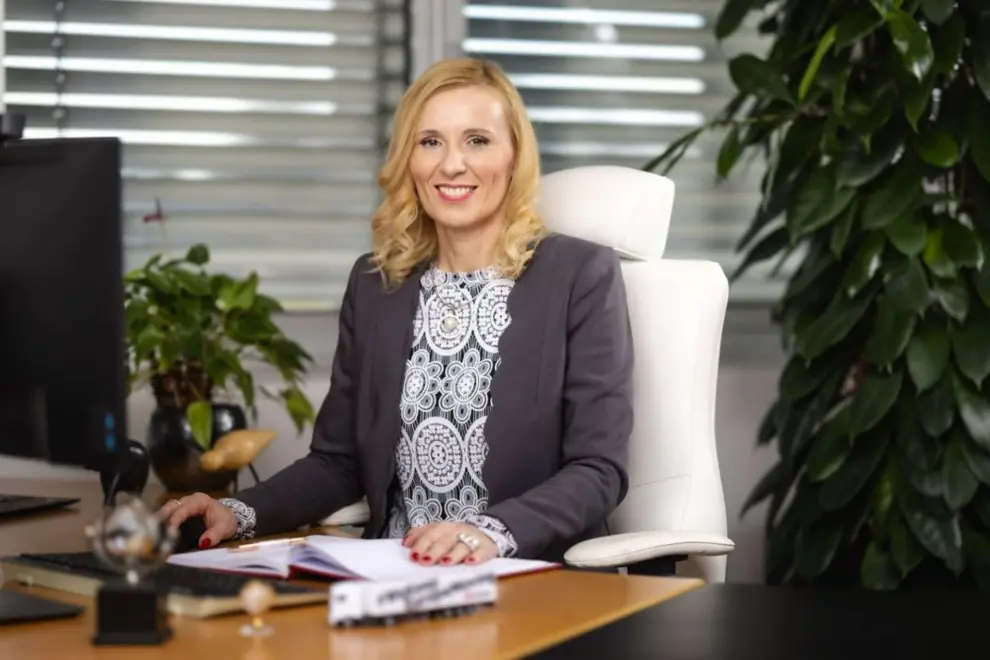The unlearning organization
By Dr Pierre Casse, IEDC Professor and Elnura Irmatova, IEDC Research Assistant
Singularity?
Most of the leaders who are concerned about the singularity time (many unexpected and important changes happening at a very high speed) the world is experiencing today are also aware of some of the issues teams, organizations, and societies are facing today.
Out of the many questions raised, we have identified one that is critical: How to learn to unlearn?
We are by the very nature of our being attached to our ways of thinking, feeling, and behaving. We feel comfortable with what we have done in the past and that has been a source of success. The issue is: What worked yesterday is not automatically good for today and tomorrow. We must therefore assess our basic assumptions and values (how to see and to value things in our teams and organizations) and decide if there are still valid and effective now (and in the future?).
From learning to...unlearning!
Learning is still a key to making sure that we get the basic knowledge and skills that we need to stay alive in our individual and social environments.
A few examples of key learnings: Language learning, Mathematics, communication skills, healthy behaviors...
Learning how to learn has become more and more important because of the new requirements of the world in the making. It is very effective because it is based on four steps that lead to the ability to
- make a quick and sound diagnosis of a given situation (what's working and not working);
- come up with ideas to improve the situation at hand (What can we do to do better);
- implement and make it happen (translating the good ideas into deed and results);
- get something out of the experience so that we do not have to reinvent the wheel all the time.

Elnura Irmatova, IEDC Research Assistant
Unlearning is a natural process that must be for the sake of survival and transformation managed more systematically and effectively today.
Unlearning is about constant change, it is a part of making an organization agile and evoking natural curiosity in people. It is about deciding what kind of assumptions, values, behaviors, and practices we need to keep, adjust, and...which ones we must get rid of in our organizations. We must constantly maintain the learning-unlearning balance otherwise, we can trap ourselves in making obsolete or under thought decisions.
Managing unlearning
Some organizations have been extremely good at challenging systematically the traditional ways to invent, produce and sell (distribute) goods and services.
We have picked up three of those and here are a few samples of what they have been doing to promote and sustain an unlearning process.
1. Apple - unlearning opened a way for managers, designers, and engineers to rethink and explore different beliefs related to the cell phone market, which allowed the development of Apple's cult product - the iPhone. It all started with the team's thinking that "...cell phones sucked. They were terrible. Just pieces of junk"[1] and unlearning this perception made Apple a success story.
2. Uber - unlearning helped to re-think the aggressive corporate culture that was damaging the brand image. The reformulated cultural values also led to placing unlearning in the heart of the company's mission "...to help people go anywhere and get anything. Movement is what we do... It pushes us to constantly reimagine how we can move better. For you"[2].
3. Netflix - unlearning is imprinted in the company's culture DNA allowing them to re-conceptualize issues, challenge approaches, and adjust the context for thoughtful decision-making. "We do not seek to preserve our culture - we seek to improve it"[3]. "A company like Netflix is spending 90 percent of its investment budget exploring because they have to keep building new content, they have to create new technology..."[4]. It is such openness to exploration and unlearning that made them one of the most successful global video streaming services.
Flash survey
We asked Ms. Valerija Friš (Managing Director Schenker d.d.; DBA candidate at IEDC) to share with us her opinion on the points discussed in the article and what additionally could be interesting to consider:
"As a supporter of lifelong learning, I fully agree with the point that "learning is still a key to making sure that we get the basic knowledge and skills that we need". In a knowledge-based economy, highly skilled jobs require constant learning.
Throughout my career, I learned that the business world is very unpredictable and risky, especially logistics and that the perfect remedy for solving problems is only knowledge. In our era of digital disruption, unexpected changes are happening at a very high speed and I believe that the best companies are already struggling to tackle "the new requirements of the world in the making". If unlearning is the only concept to tackle these transformative changes, the time will tell. I think that every mature organization should be able to discard misleading knowledge (to unlearn) and to add new knowledge (to learn)".

Ms. Valerija Friš (Managing Director Schenker d.d.; DBA candidate at IEDC)
Ms. Friš elaborated that it could be interesting to further uncover the"reflection of unlearning in the context of learning processes because they are both important in lifelong learning cycle".
As a concluding point, she added:
"I am sure that some "old" capacities are still very important in the business world - such as wisdom and intuition. I believe that the learning process as such will never be outdated and that we have to think twice before changing strategies".
Others articles from Dr Pierre Casse
[1] B. Merchant, The One Device: The Secret History of the iPhone, 2017
[2] Uber values: https://www.uber.com/us/en/careers/values/
[3] Netflix culture: https://jobs.netflix.com/culture
[4] Barry O'Reilly in the Unlearn to Achieve podcast of PMI: https://www.pmi.org/learning/training-development/center-stage-podcast/podcasts/unlearn-to-achieve


